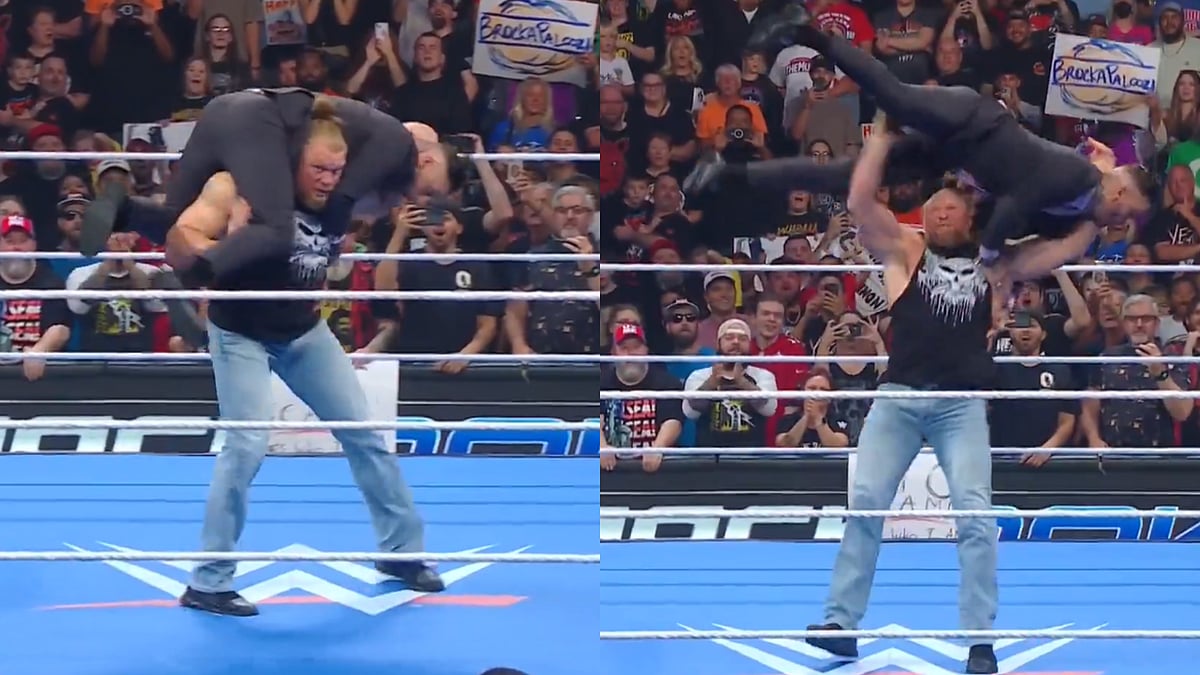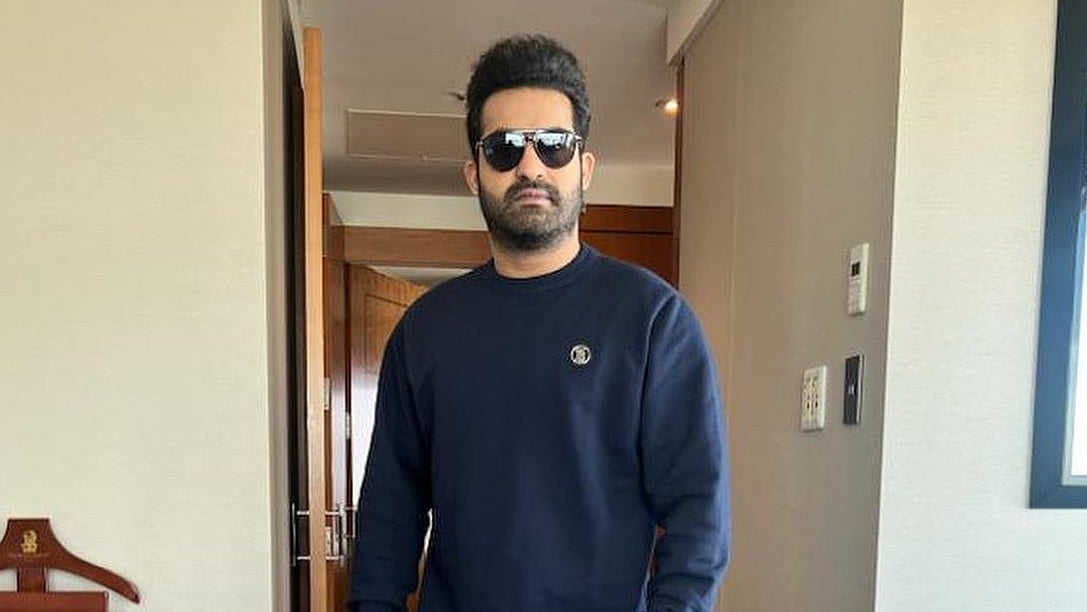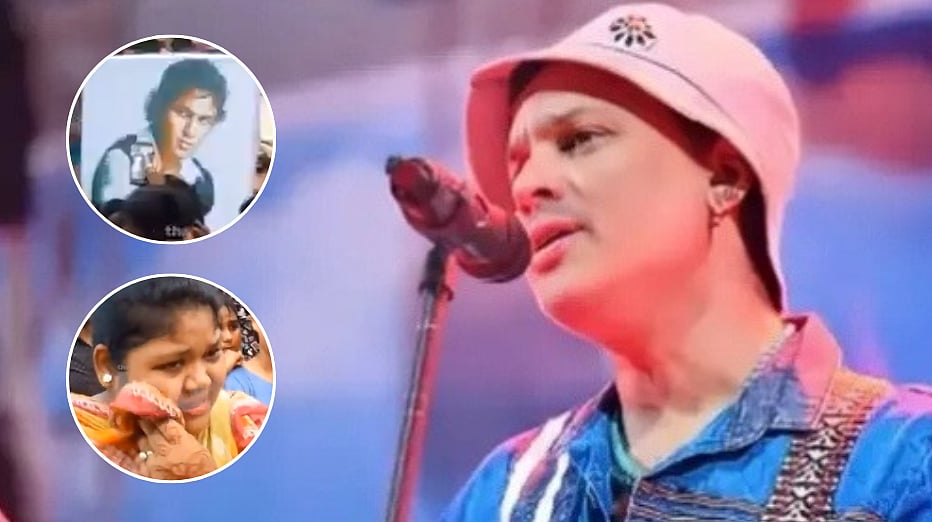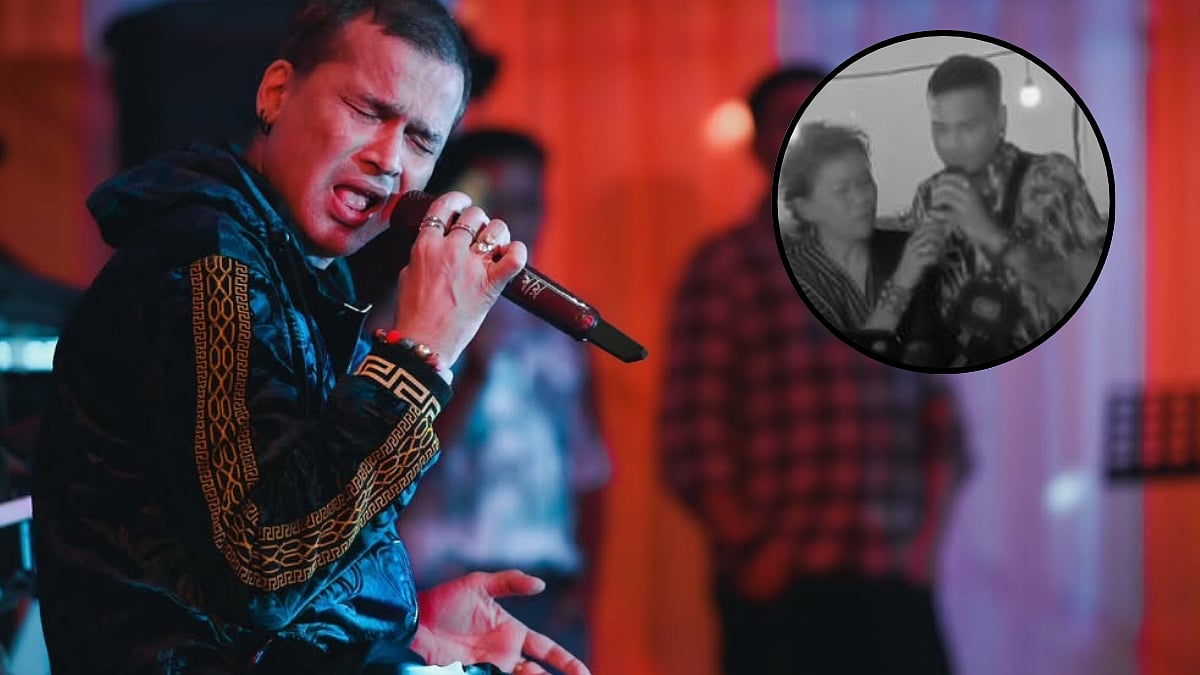Over the course of three films — Seasons Greetings, Rickshawala and now Ek Duaa — director Ram Kamal Mukherjee has shown a penchant for picking up socially relevant subjects often addressing the issue of the marginalised: The freedom of sexual choice, the choice or lack of it that a young man has when it comes to breaking free of his family profession, and in Ek Duaa, the deplorable practice of female foeticide and gender discrimination. Though the intention is commendable, the problem arises when the preaching overtakes the storytelling. In Seasons Greetings, he managed a fine balance between the two, aided by two strong leads. Rickshawala made its point well enough though the execution faltered, with one message too many. Ek Duaa, unfortunately, leaves a lot to be desired and the twist in the tale, though making a statement strongly enough, is undone by what has gone before.
The film begins with Abida [Esha Deol, taking on a dual role as actor and producer, her first endeavour producing a film] out shopping for Eid with her daughter, Duaa [Barbiee Sharma, quite a scene stealer in a non-speaking role, with her haunting eyes that seem to be questioning the viewer]. A series of shots establishes her straitened circumstances, as she is ticked off by the meat and vegetable vendor for asking for credit. There’s a pink frock that she thinks her daughter would love for Eid, but the shopkeeper shoos her away.
Back home, we are introduced to her son, Faiz, getting ready for school, her curmudgeonly mother-in-law and her taxi-driver husband, Suleman [Rajveer Ankur Singh], who drives a kaali peeli in this day and age of Ubers because he cannot bring himself to dishonour the memory of his father who used to drive the now-battered and rundown taxi. One gauges a simmering tension between Abida and her mother-in-law, who keeps on harping about Abida and Suleman having another boy child — a male child will be a barkat, as she says.

At the same time, there’s a marked dismissal of the girl, Duaa, as if she is invisible. As Faiz gets ready for school, she looks on silently from a distant. The father takes off with his son for school and she can only run after the taxi and is left behind, a ‘Beti Bachao Beti Padhao’ poster is seen in the background to underline the message. And most glaringly, Suleman gets Eid gifts for everyone at home, barring Duaa. Giving away any more would be unfair, but tensions mount between the couple, and between Abida and her mother-in-law as the film moves to a ‘surprise’ end.
The problem with the film primarily lies in the inability of the actors to look their part and that it fails to offer any fresh perspective on the issue it addresses. We are given to understand the family’s poverty through Suleman talking about their financial situation and the initial sequences when Abida goes shopping – but that never comes across, with both Rajveer and particularly Esha looking too spick and span for a family that is in such dire straits. Also, a full-fledged qawwali midway through the film throws a spanner in the narrative, given that the film runs all of forty-five minutes and also includes a few minutes of end narration by Abhishek Bachchan.
There’s no doubt about the filmmaker’s commitment to the cause of gender equality, but as a fictional narrative one could have done with a little more of imagination in the telling and authenticity in the actor.
Title: Ek Duaa
Cast: Esha Deol, Rajveer Ankur Singh
Director: Ram Kamal Mukherjee
Platform: Voot
Rating: 2.5
(Shantanu Ray Chaudhuri is an award-winning publisher, editor and a film buff)












